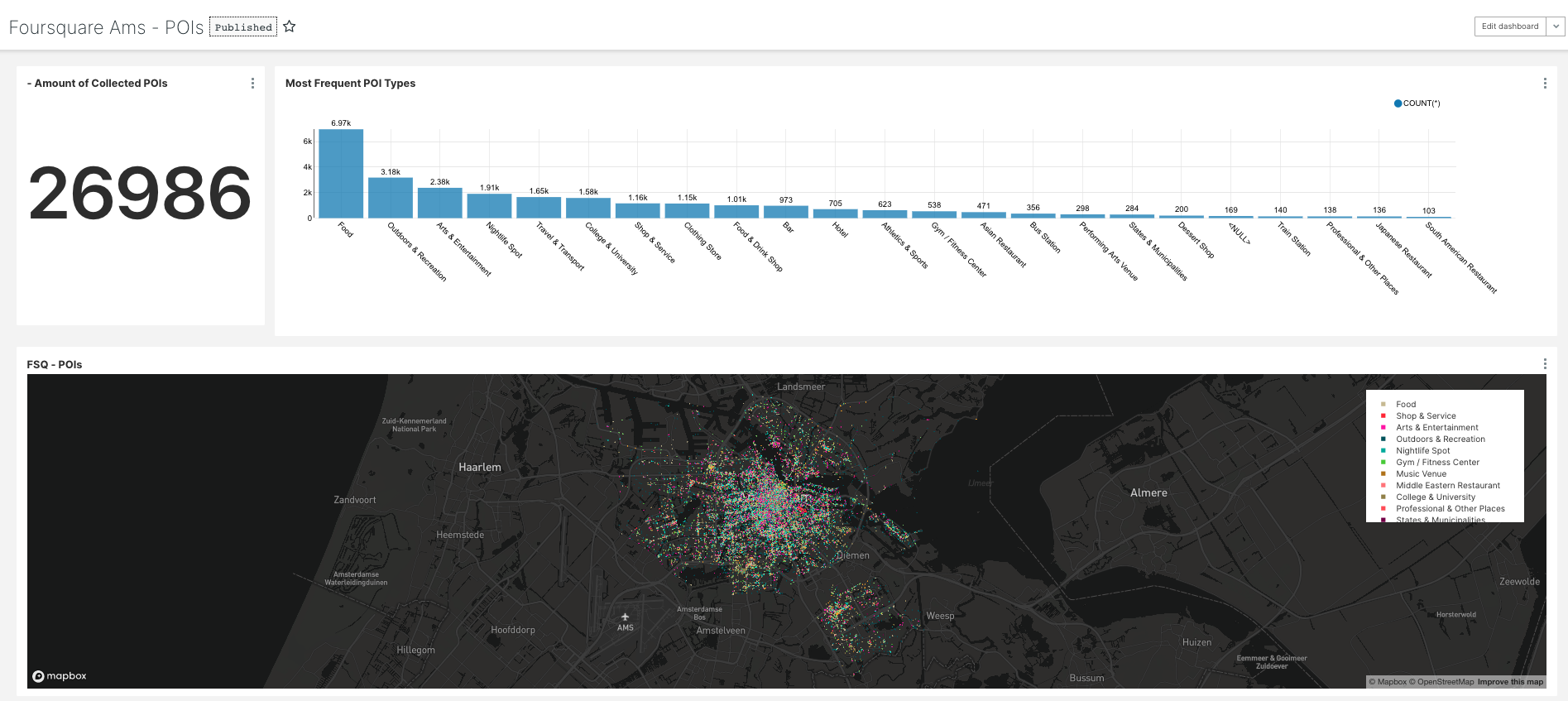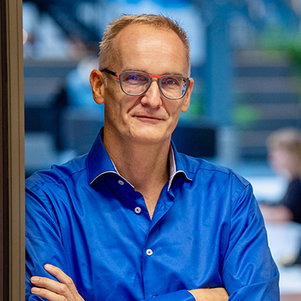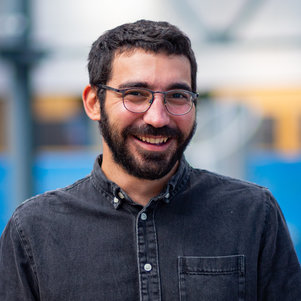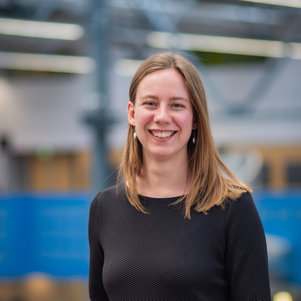Equal-Life
Studying childhood environments for a healthier future
Equal-Life: understanding the context of mental health
Mental health issues are an increasingly prevalent public health issue in Europe, particularly for children and adolescents. Exposure to (physical and social) environmental stressors during childhood development can have a profound impact on an individual’s health in later life. Despite this, the topic of mental health has been largely neglected in environmental research. TU Delft’s Faculty of Industrial Design Engineering (IDE) is helping to address this imbalance through the Equal-Life Project: a Horizon 2020 research consortium, whose goal is to develop tools for understanding the relationship between a child’s environment and their (future) mental health.
The Equal-Life project is ambitious and expansive in equal measure, with 20 partners across 11 countries. Between 2020 and 2025, the consortium will examine birth cohorts of over 250,000 children from seven different countries, in addition to longitudinal school data sets and cross-sectional studies from a further four countries. These results will provide a significant knowledge base that can inform future policies tackling negative impact on children’s mental health, from preconception through to adolescence.
Data and design: the Delft approach
IDE plays a substantial role in the Equal-Life project. For the faculty, the primary aim is to develop novel methods for data collection regarding environmental exposure, with a focus on environmental factors not covered by conventional datasets. As a result, the methods will reflect new and diverse data sources: social media, street-level imagery and urban infrastructure sensors, to name a few. The project will also bring IDE researchers together with stakeholders and experts to develop new health policies and data-driven interventions for mental health.
Context is key in design research, especially when environments come into play. By harnessing cutting-edge technologies and novel data sources, it is possible to gain previously unattainable insights into latent environmental factors which may play a role in mental health.
Assistant Professor Achilleas Psyllidis, comments:
“Health issues across the population, including both long-standing mental health problems and the more recent pandemic, underline the important role of data in making informed decisions. We want to empower stakeholders – whether it be a municipality or a public health organisations with tools that support planning and decision making at the national and local level, and generate deeper contextual knowledge of the context they occur. The Equal-Life project aims to develop and distribute these tools.”
Working with Achilleas on this project the IDE team consists of Professor Alessandro Bozzon and Professor Gerd Kortuem, in addition to PhD candidates, Roos Teeuwen and Vasileios Milias.
Key outcomes
The team will develop novel methods for the collection of environmental exposure-related data from new sources, implemented in the form of a web-based software tool. A first version will be ready early in 2021 and will be publicly available – along with the developed methods -- to stakeholders, including municipalities and public health organisations. They will also develop techniques for communicating multimodal environmental factors in the context of (mental) health policymaking and urban design.
This project has received funding from the European Union's Horizon 2020 research and innovation programme under grant agreement No 874724
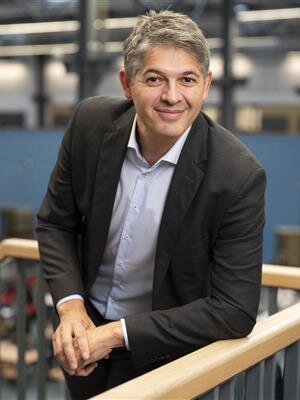
Alessandro Bozzon
- +31 (0)15 27 87822
- a.bozzon@tudelft.nl
- Personal website
-
Room B-3-370
Working days: M T W T F
"Twenty years from now you will be more disappointed by the things you didn't do than by the ones you did do."
